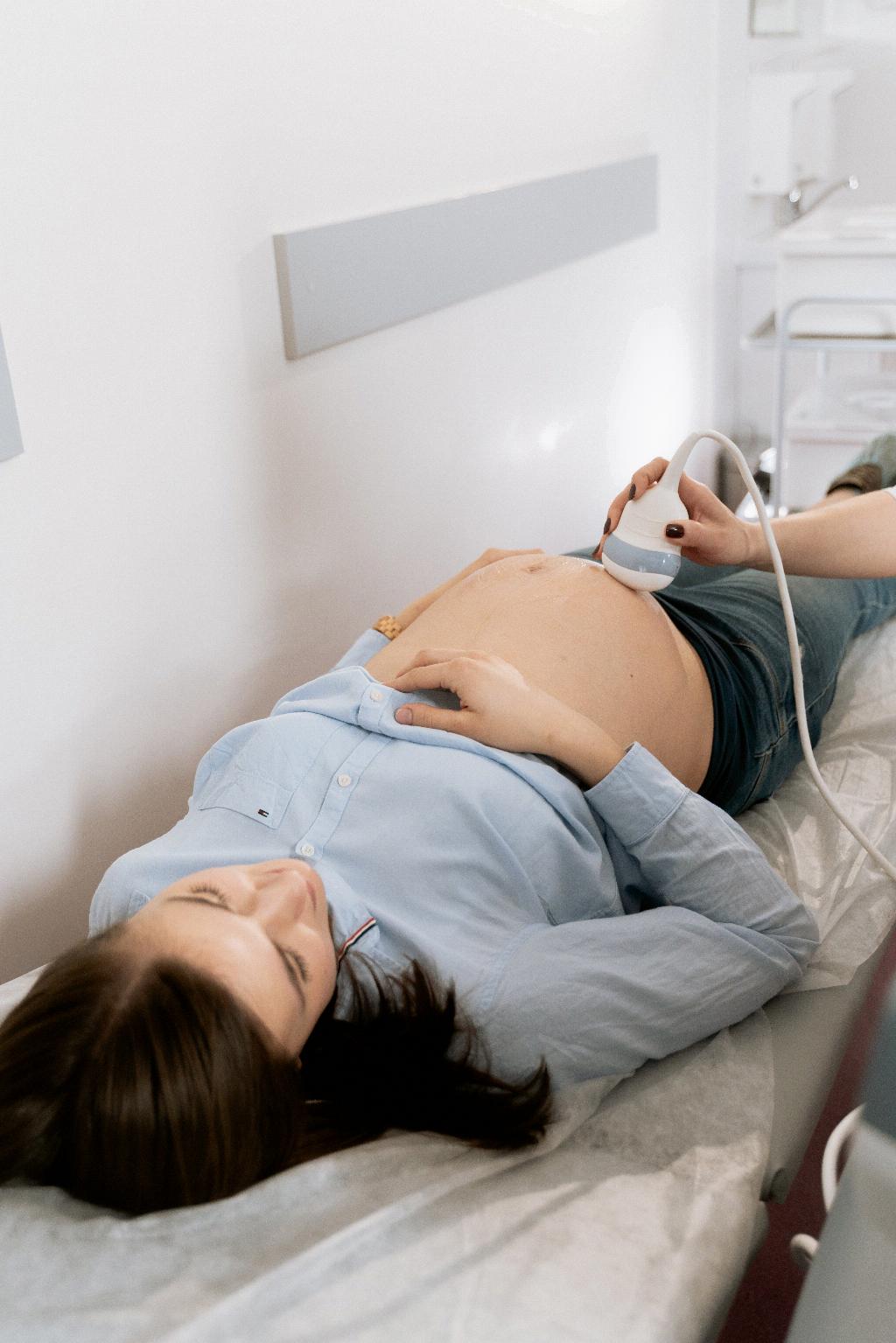Let’s delve into the vital role of Labor and Delivery Nurses in the healthcare system. These dedicated professionals play a crucial part in ensuring the safe delivery of infants and the well-being of expectant mothers.
Support for OBGYNs
Labor and Delivery Nurses are the main support system for Obstetrician-Gynecologists (OBGYNs) during the birthing process. They assist OBGYNs in various tasks, such as monitoring the progress of labor, administering medications as prescribed, and providing comfort measures to women in labor.
Monitoring Patient Vitals
One of the primary responsibilities of Labor and Delivery Nurses is to monitor the vital signs of both the mother and the baby during labor. They keep a close eye on indicators such as blood pressure, heart rate, and contractions to ensure the well-being of both patients throughout the birthing process.
Administering Medications
During labor, Labor and Delivery Nurses are responsible for administering medications as directed by the healthcare provider. This can include pain relief medications, antibiotics, or other necessary drugs to assist in a safe and comfortable delivery.
Establishing Communication
Labor and Delivery Nurses play a crucial role in establishing and maintaining open communication with expectant mothers. They provide emotional support, answer questions, and keep mothers informed about the progress of labor, creating a trusting and supportive environment for the birthing experience.
Assisting with Labor
Throughout the labor process, Labor and Delivery Nurses assist women in various ways, such as helping them find comfortable positions, providing encouragement and support, and offering guidance on breathing techniques and relaxation methods to manage pain and stress.
Preparing for Delivery
Prior to the delivery of the baby, Labor and Delivery Nurses prepare the delivery room, ensure that all necessary equipment is ready, and assist the healthcare team in any necessary preparations for the safe and successful birth of the child.
Immediate Post-Delivery Care
After the baby is born, Labor and Delivery Nurses provide immediate care to both the mother and the newborn. They assess the baby’s health, assist with initial breastfeeding if desired, and ensure that both mother and child are stable and comfortable.
Monitoring Recovery
Following delivery, Labor and Delivery Nurses continue to monitor the mother and baby to ensure a smooth recovery process. They provide postpartum care, assist with feeding and bonding, and offer education and resources to help new mothers navigate the early stages of parenthood.
Advocating for Patients
Labor and Delivery Nurses act as advocates for their patients, ensuring that the wishes and needs of the mother are respected and communicated to the healthcare team. They prioritize patient comfort, safety, and well-being throughout the entire birthing experience.
Collaboration with Healthcare Team
Labor and Delivery Nurses work collaboratively with other healthcare professionals, including doctors, midwives, and support staff, to provide comprehensive and multidisciplinary care to mothers and infants. Their teamwork and communication are essential for a successful birthing experience.
Emotional Support
A vital aspect of the role of Labor and Delivery Nurses is providing emotional support to expectant mothers and their families. They offer reassurance, empathy, and guidance during this significant life event, helping to create a positive and memorable birthing experience for all involved.
Conclusion
In conclusion, the role of the Labor and Delivery Nurse is multi-faceted and essential in ensuring the well-being of expectant mothers and their newborns. These dedicated professionals provide personalized care, support, and advocacy throughout the birthing process, creating a safe and nurturing environment for one of life’s most significant moments.

